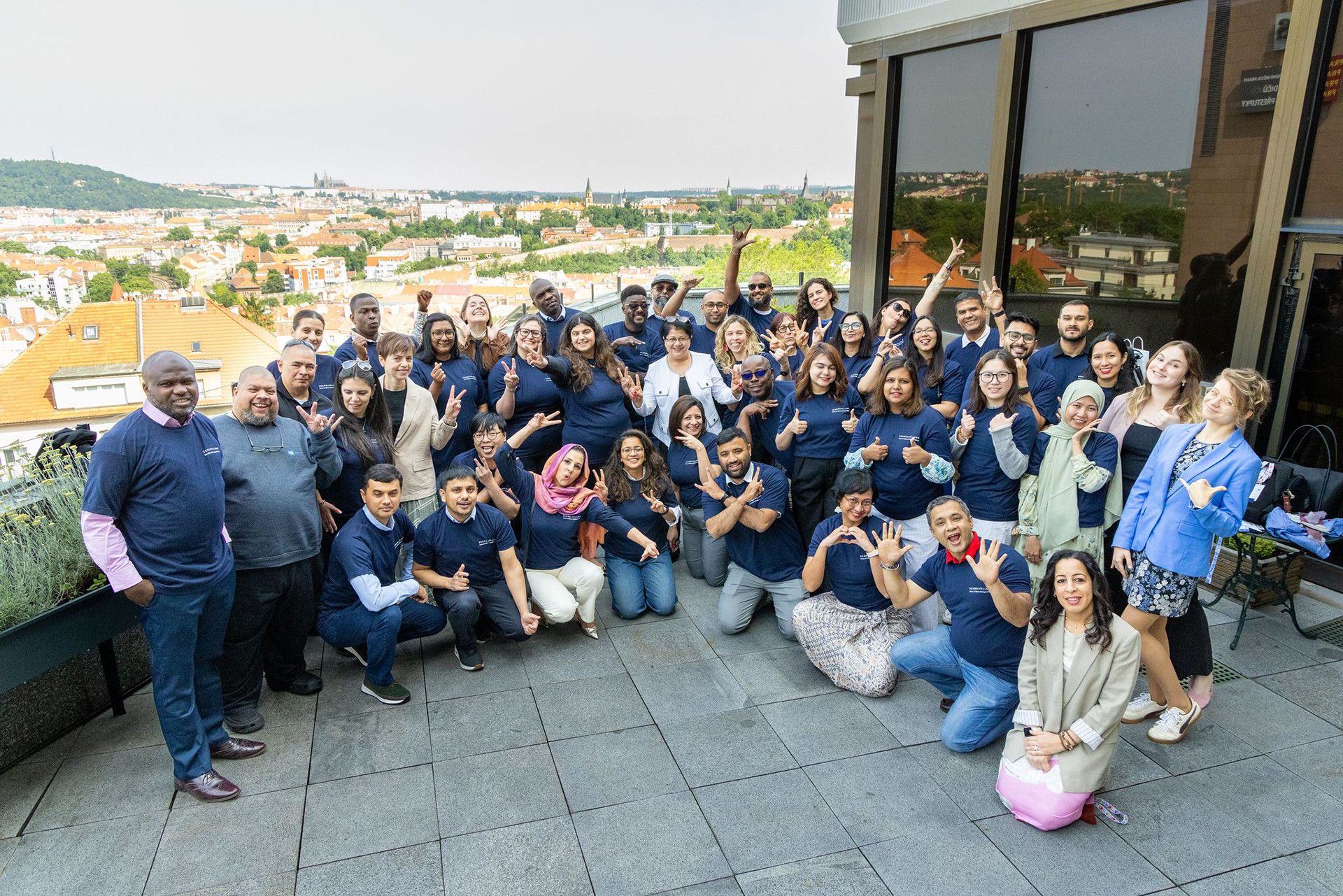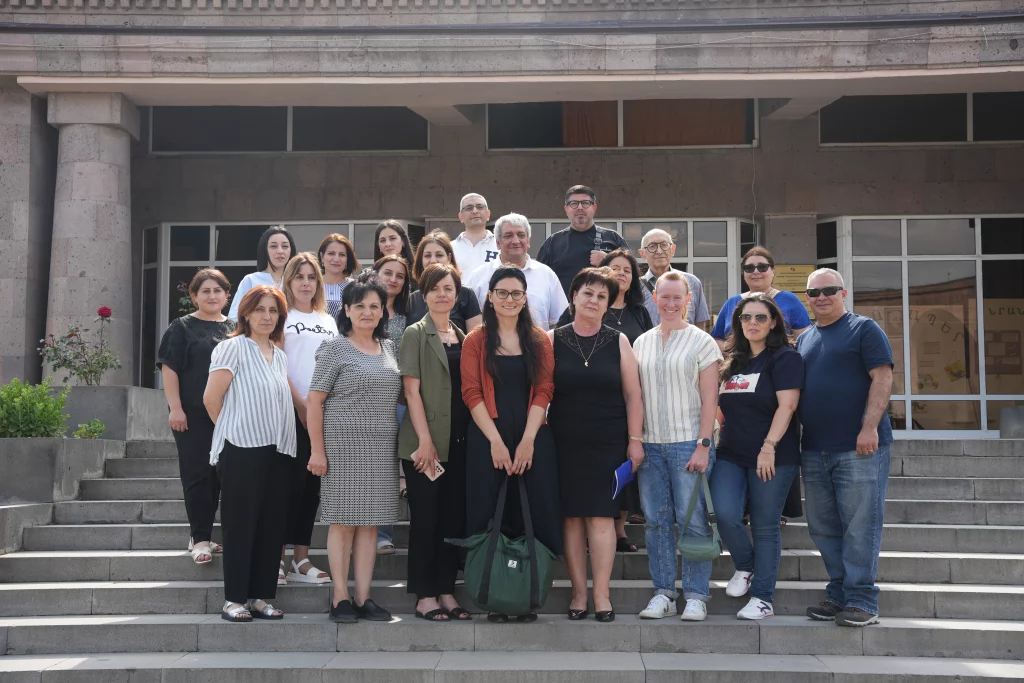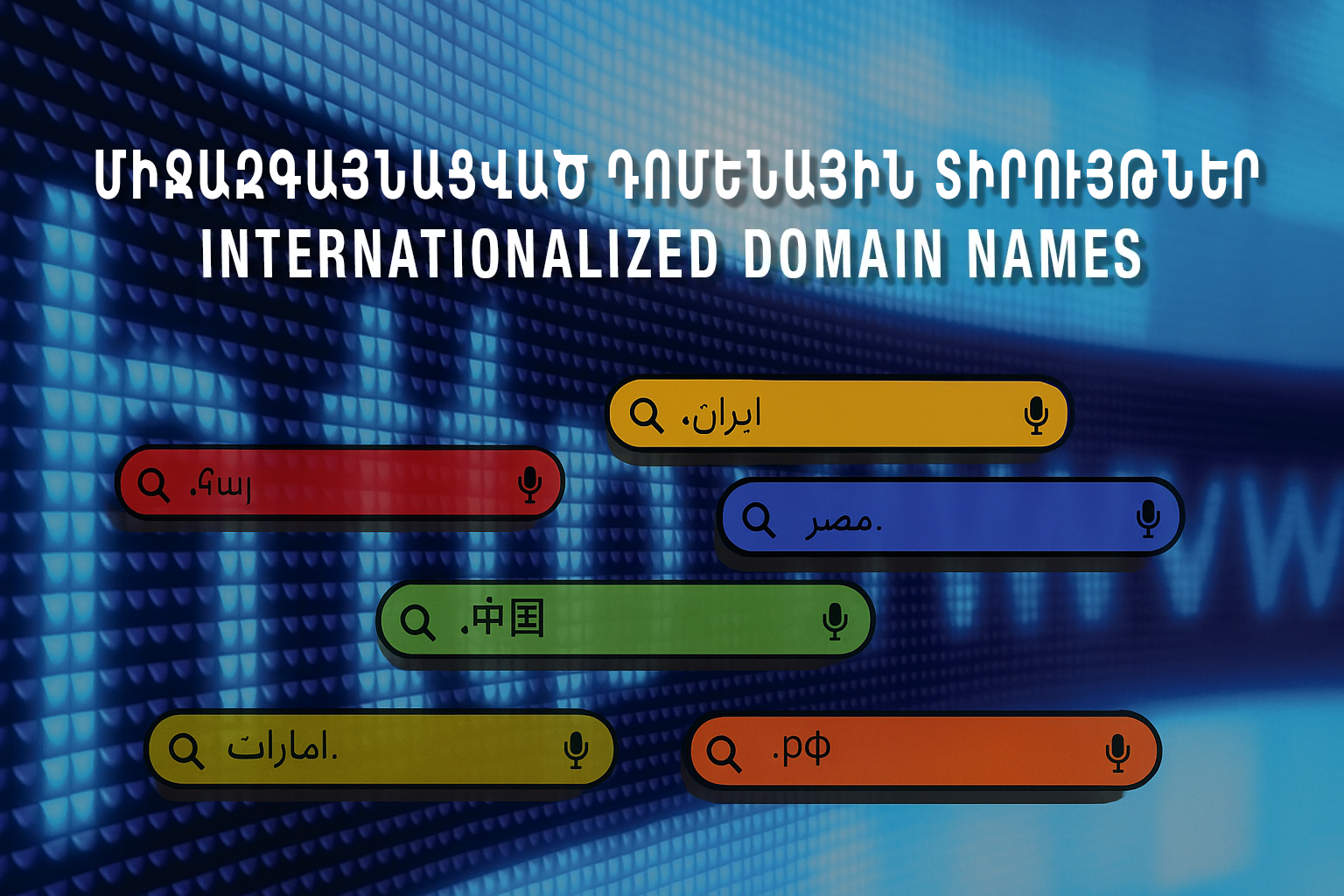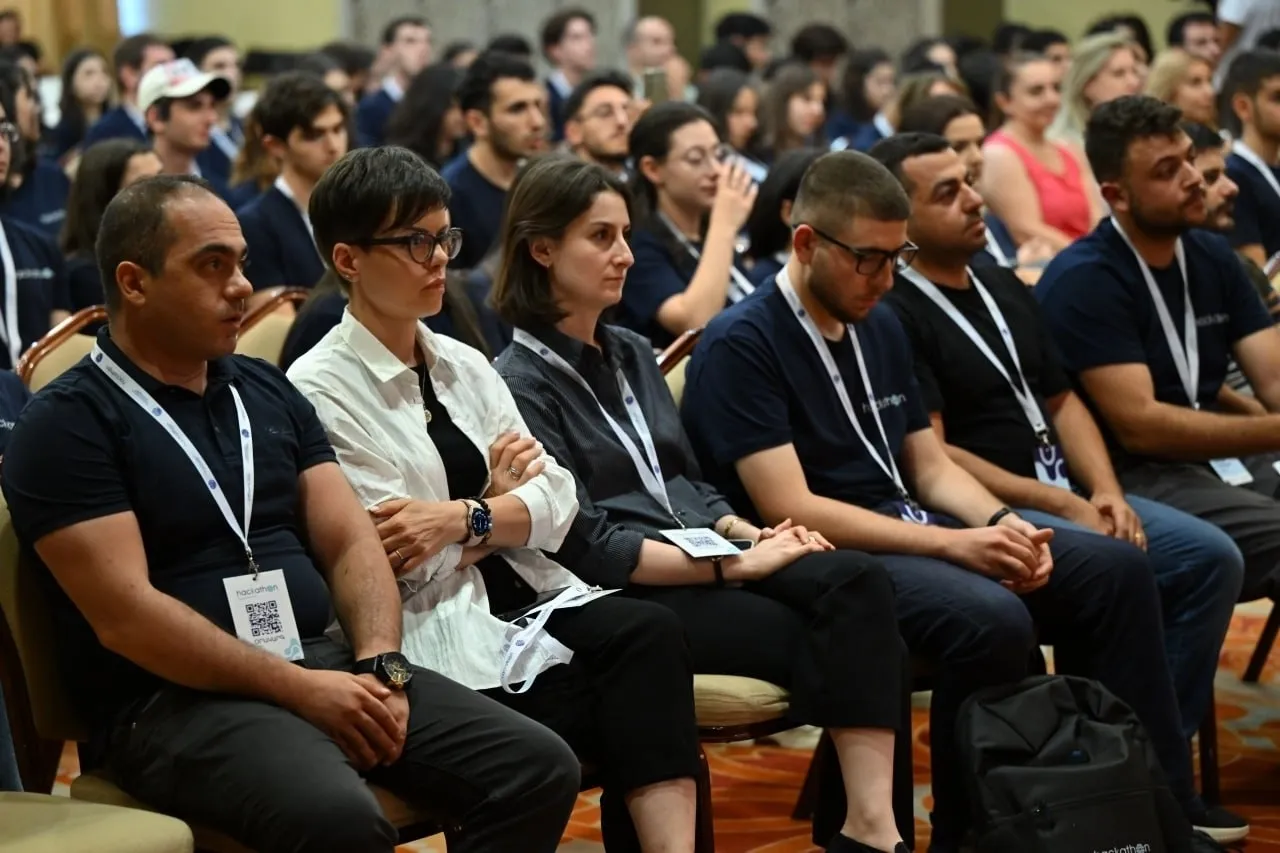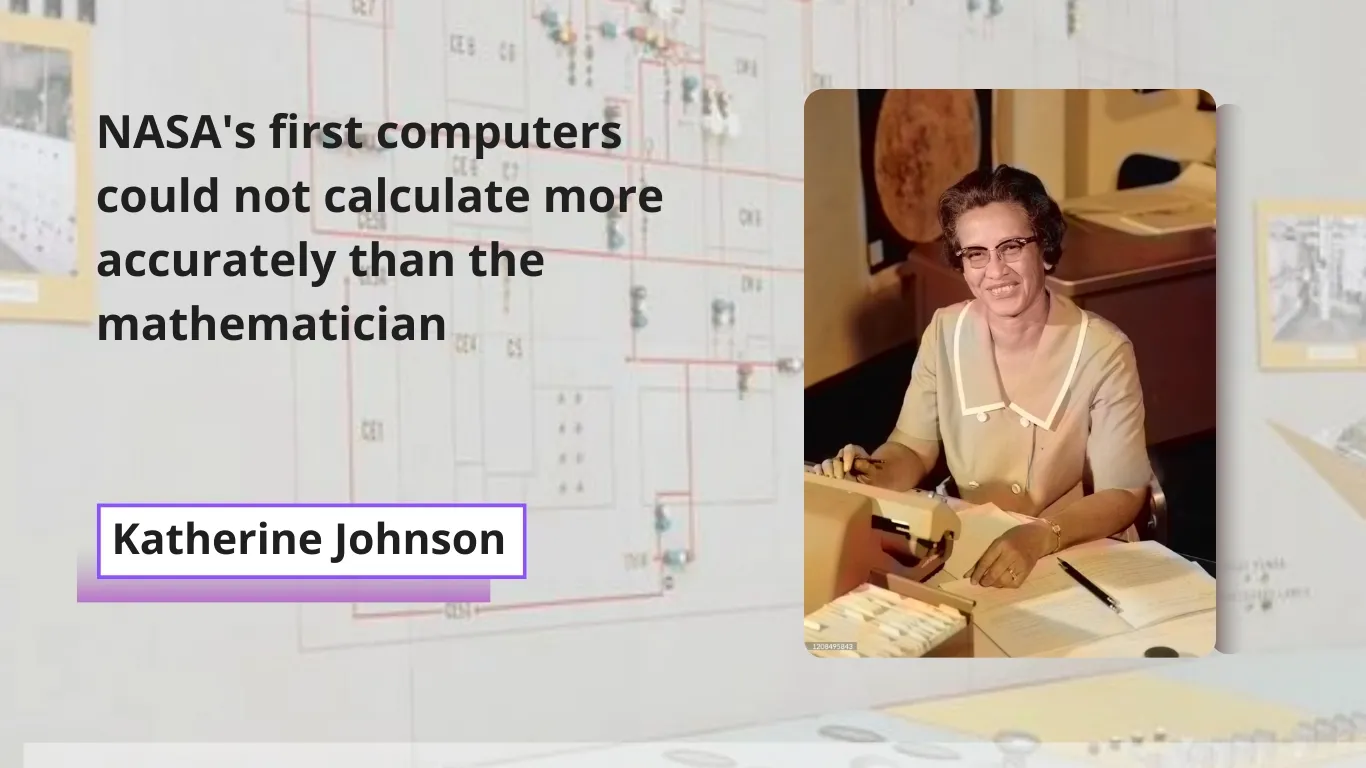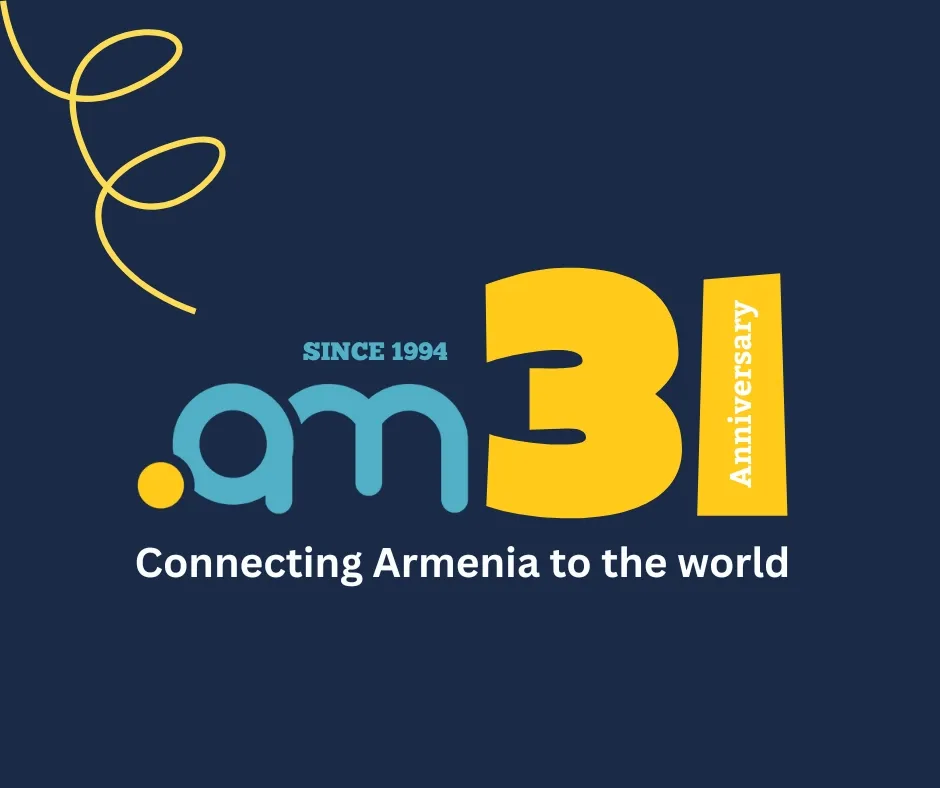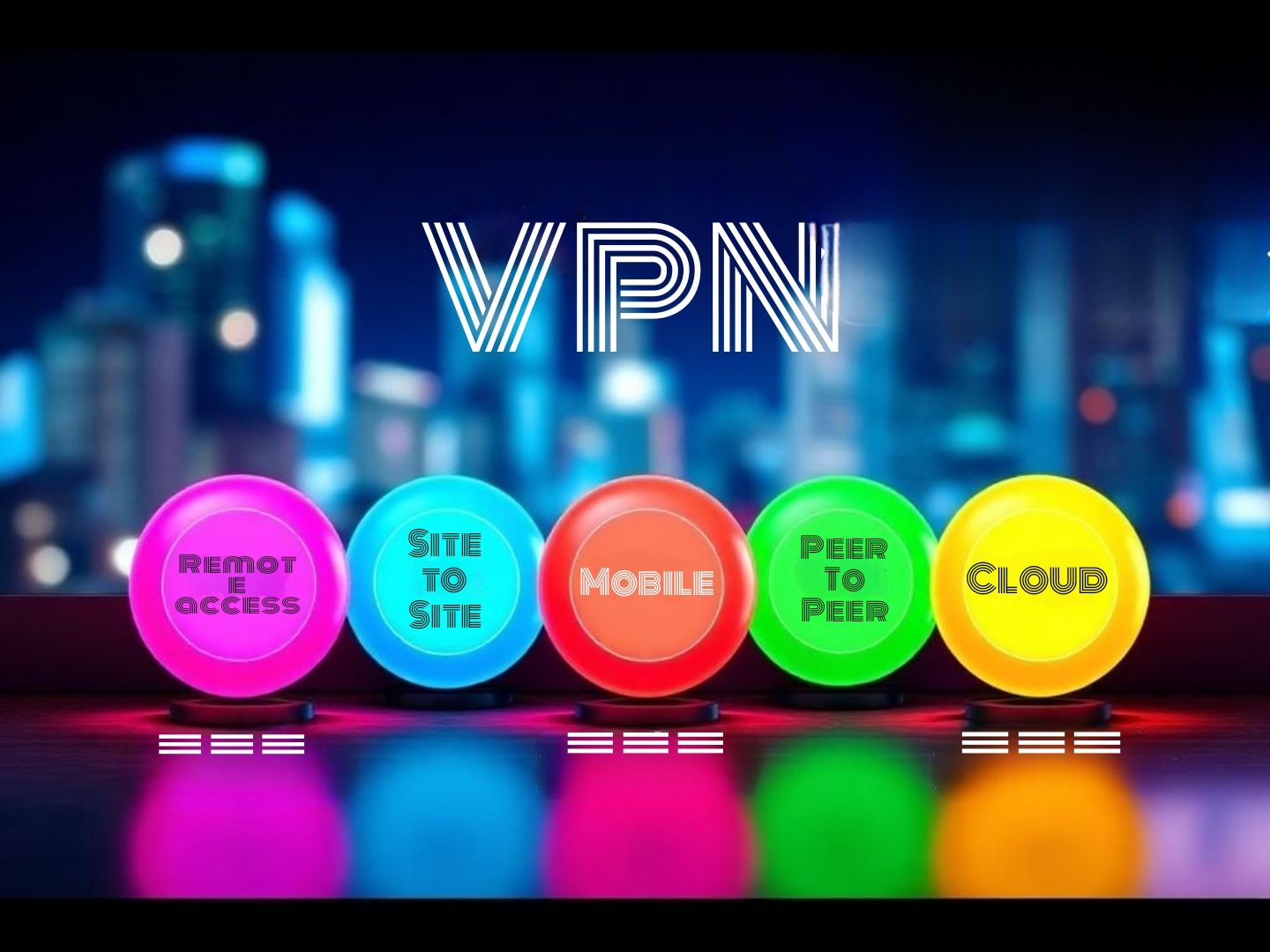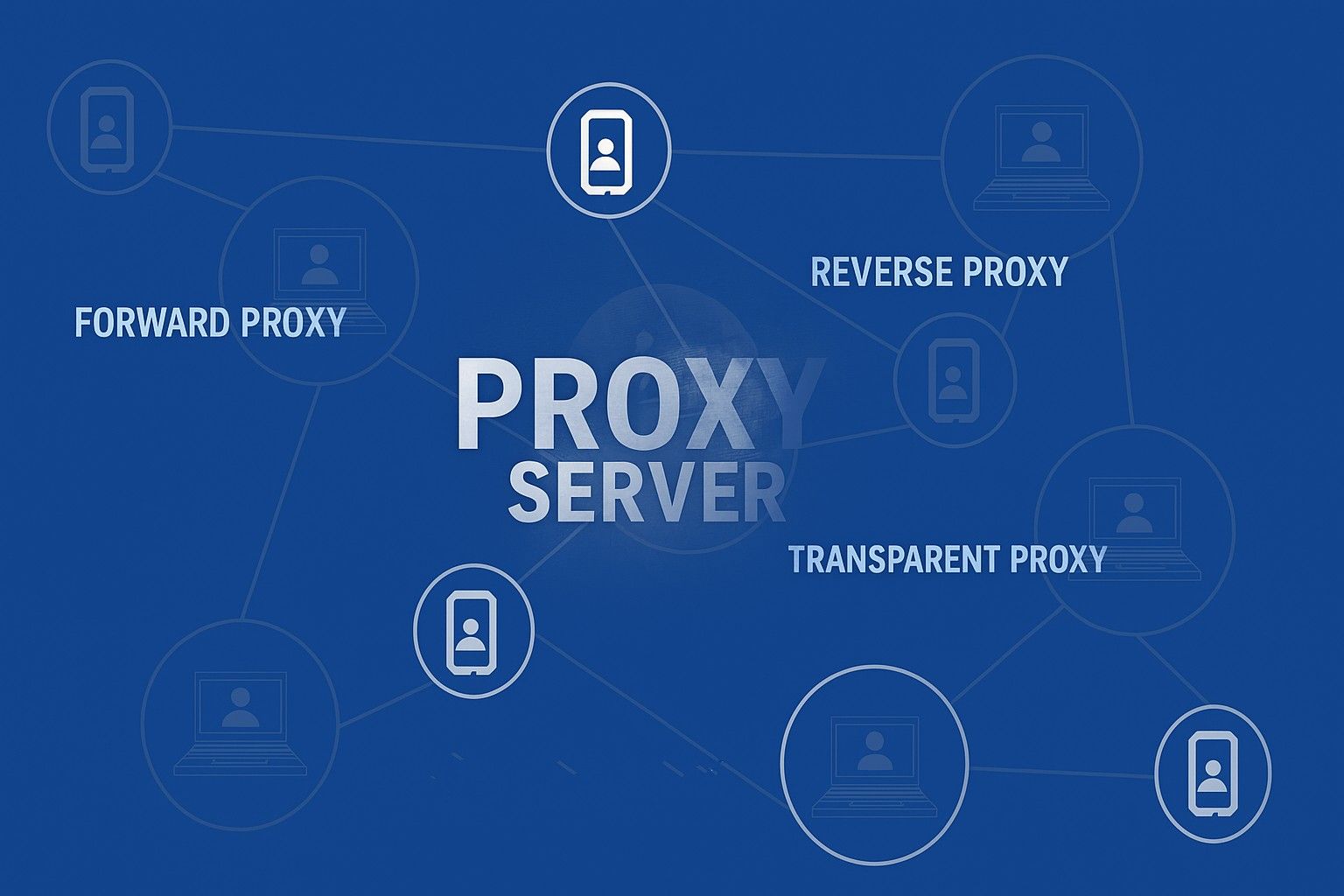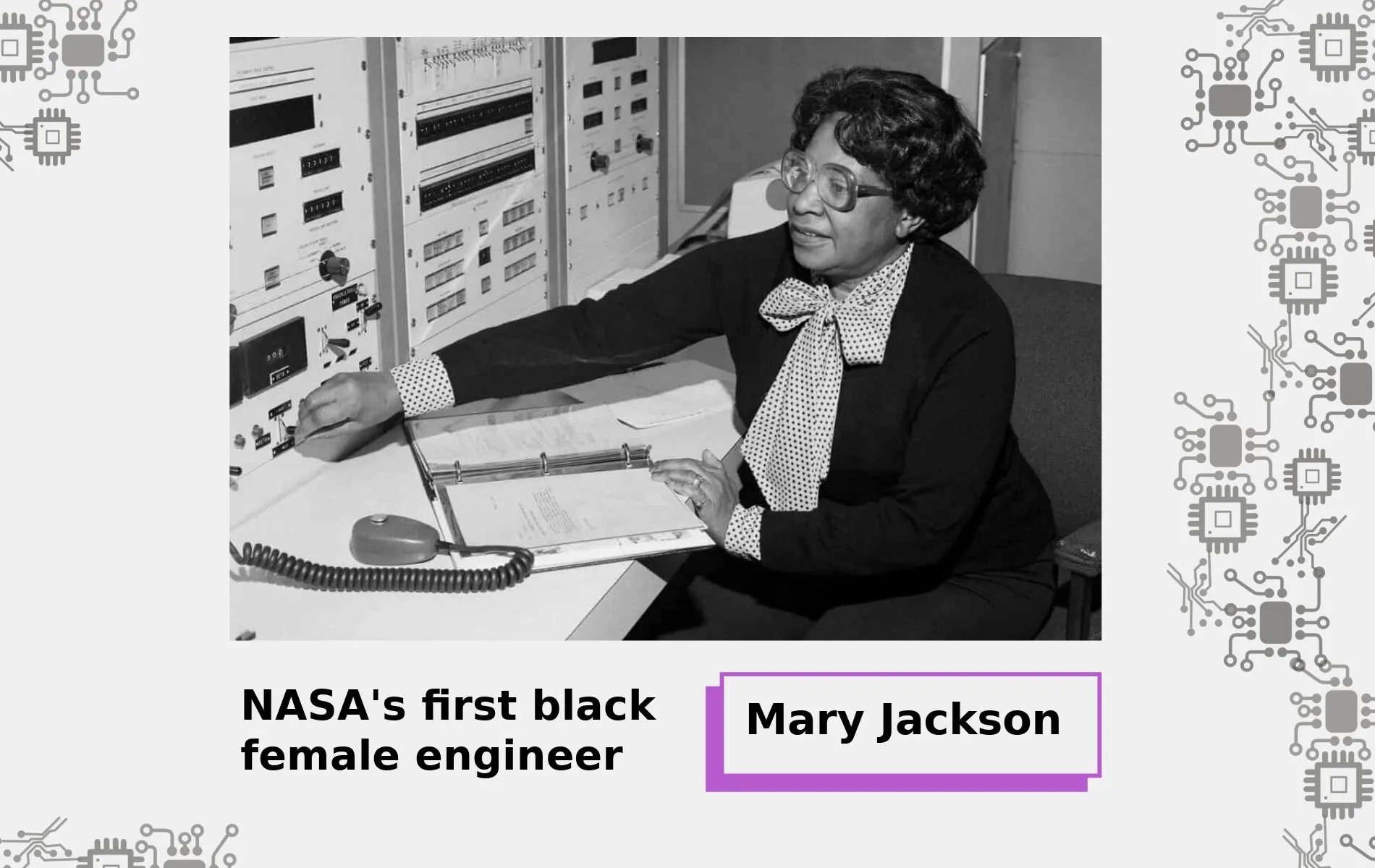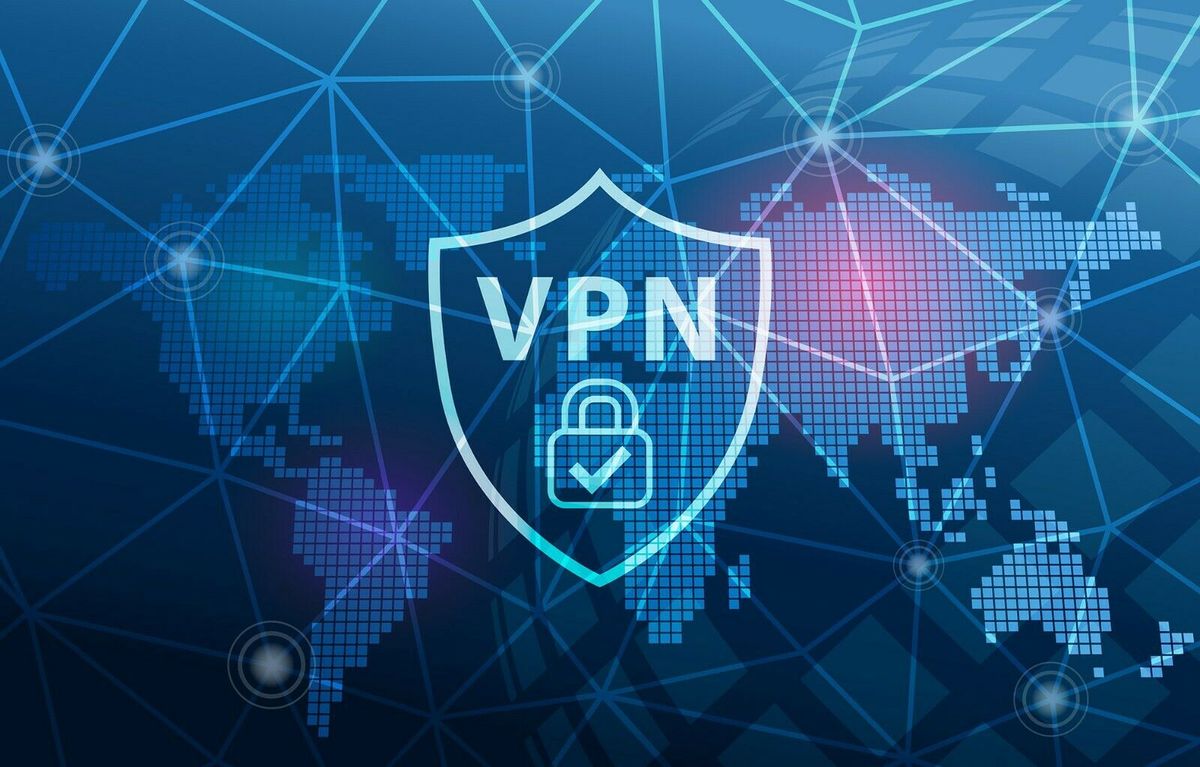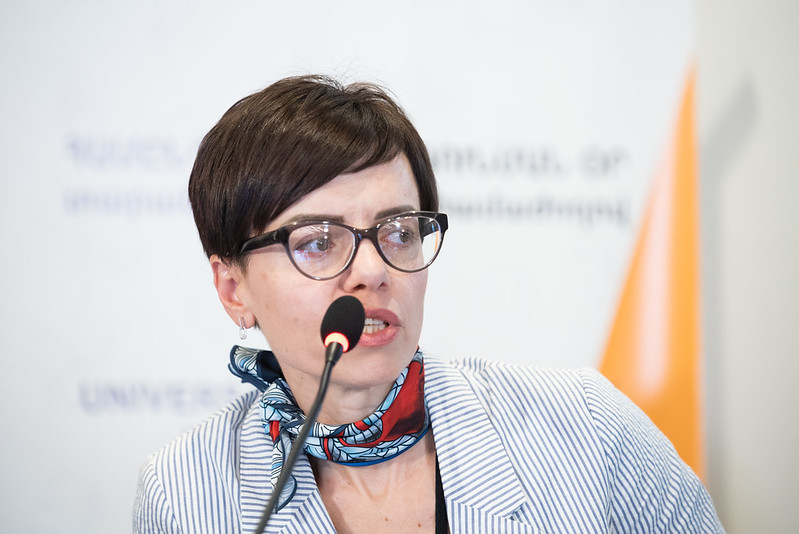The year 2025, marking the anniversary of the Universal Acceptance (UA) movement – launched to promote multilingualism on the Internet is distinguished by unprecedented activity.
As part of UA Day 2025, a total of 59 events have been held across 55 countries, engaging 7,695 participants. Compared to the previous year, this reflects a growth of over 13% in the number of events, a 17% increase in country participation, and an approximately 18% rise in attendees.
“We were among the first to join this initiative, organizing a regional conference on Universal Acceptance in Yerevan back in 2023. It has since become an annual event in Armenia. The steady growth of the UA movement is also a result of the ongoing efforts of the Internet Society NGO,” said Kristina Hakobyan, Vice Chair of the Board at the Internet Society NGO.
The 10th anniversary of the Universal Acceptance (UA) movement was also celebrated during ICANN83, the conference organized by the Internet Corporation for Assigned Names and Numbers, held in Prague, the capital of the Czech Republic. Armenia was represented at the event by Kristina Hakobyan, Board Vice Chair of the Internet Society NGO, and Katarina Gevorgyan, External Relations Manager.
“Keeping up with global developments in Internet governance and building professional connections is extremely important. ICANN conferences are also among the best platforms for advancing Universal Acceptance,” noted Katarina Gevorgyan.
During the session dedicated to the UA anniversary, the work carried out by the Internet Society NGO in Armenia was recognized and appreciated. Thanks to these efforts, the Armenian-script domain .հայ continues to be actively developed and Armenian-script email addresses – such as անուն.ազգայնուն@էլփոստ.հայ – are being implemented.
The growing involvement in the movement, spanning from Asia to Africa, from Europe to Latin America, highlights the strengthening of the principle of universal access to the Internet. Today Universal Acceptance is seen not only as a technological necessity but also as a vital tool for linguistic and cultural inclusion.
